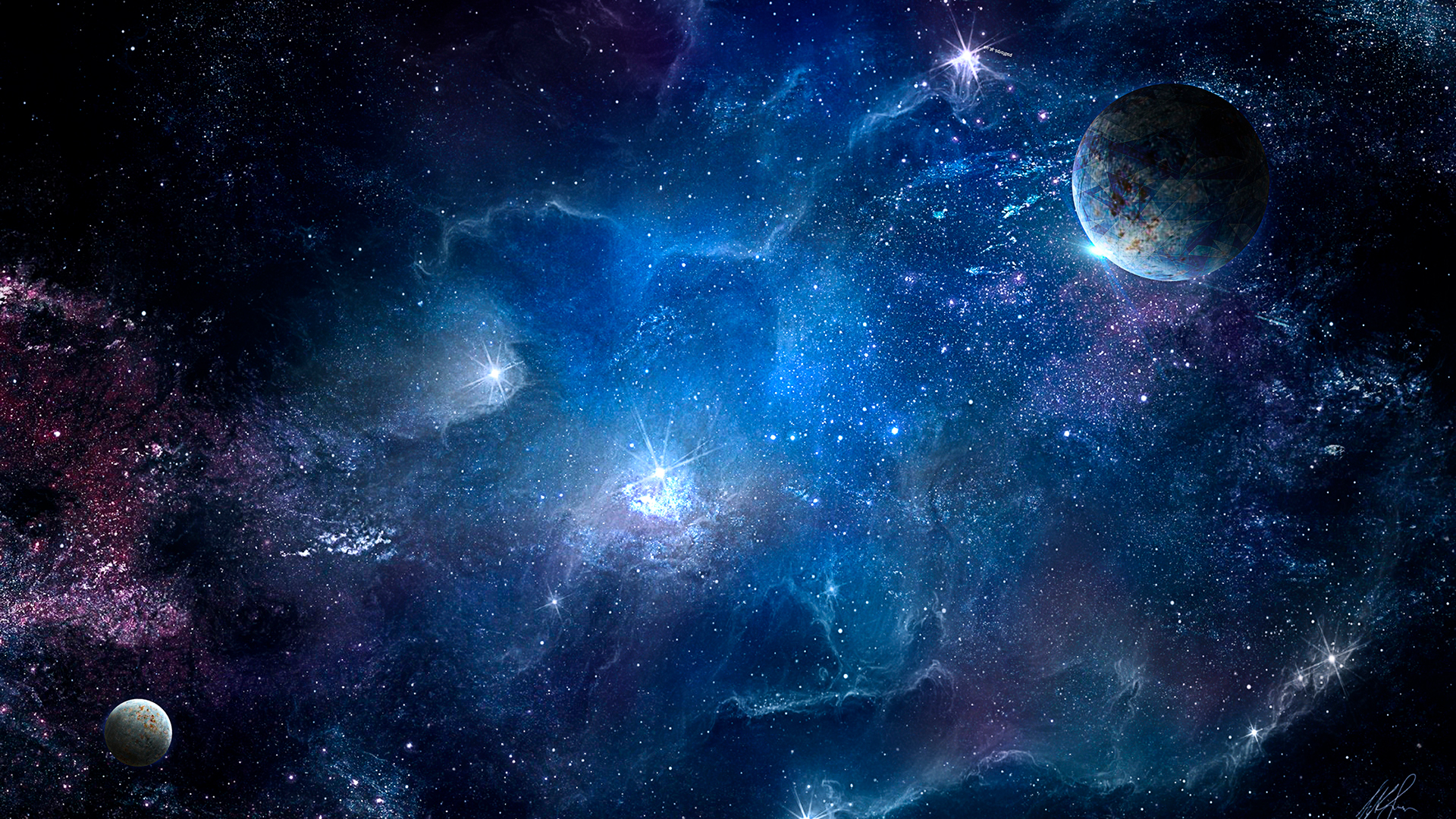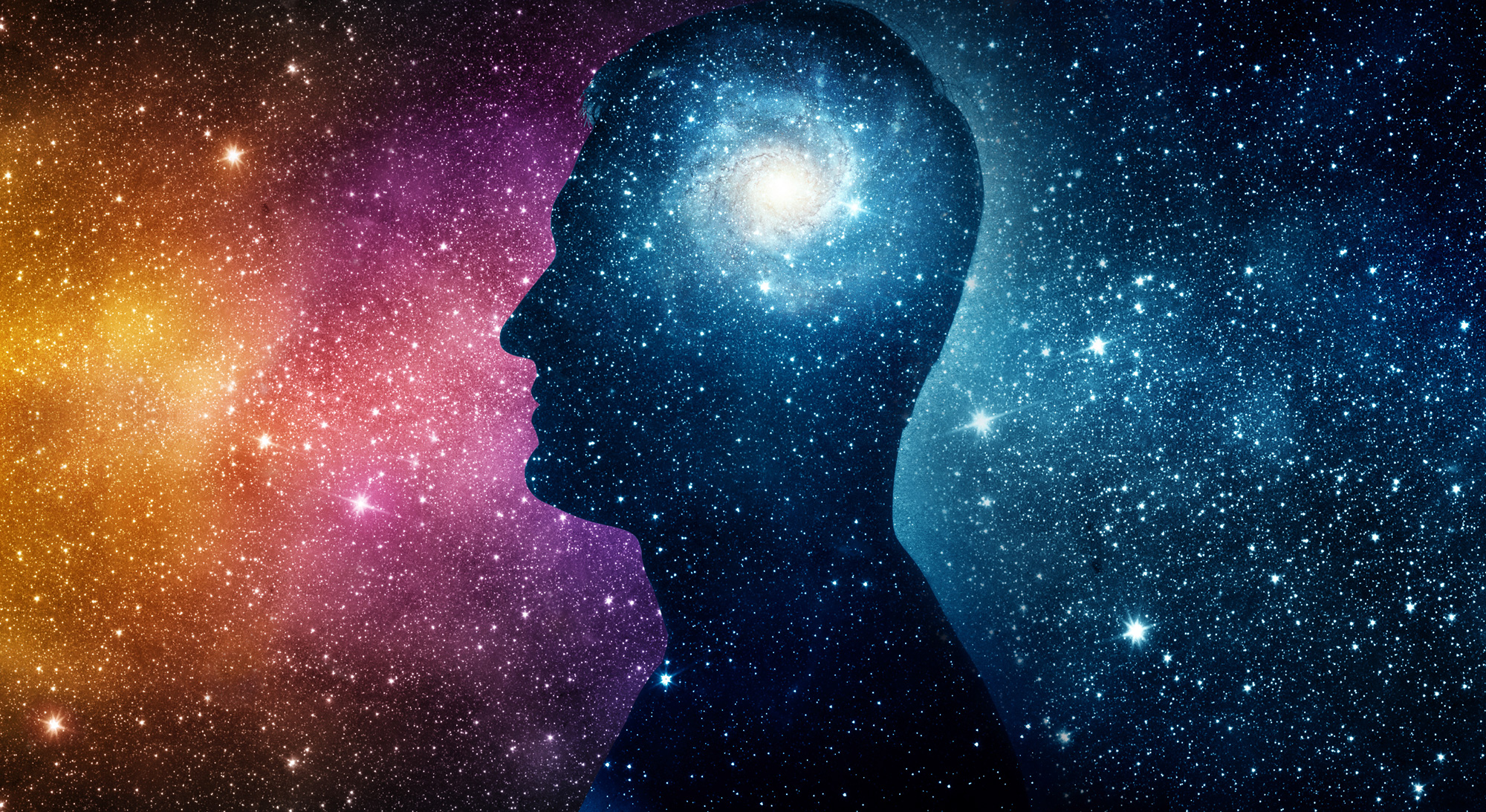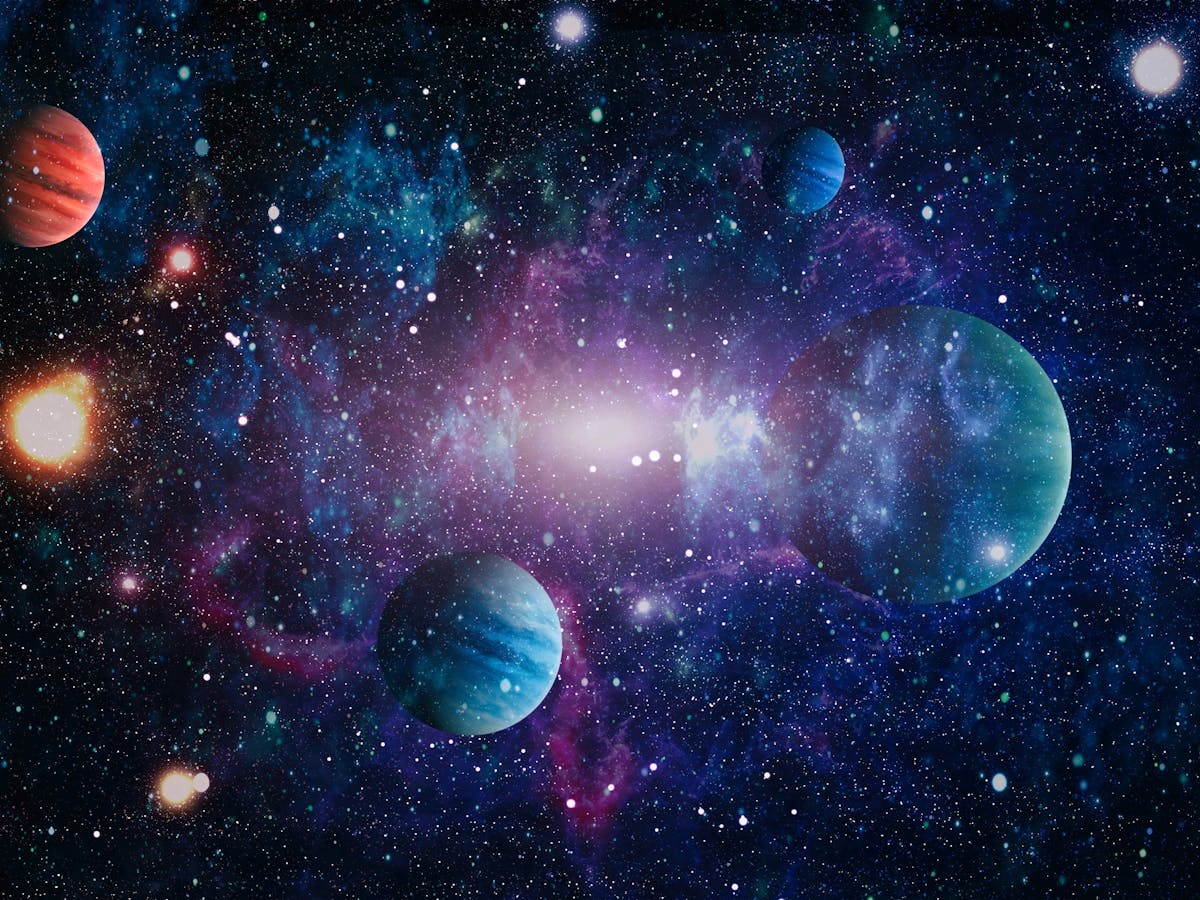The universe seems too good to be true: too balanced in an astronomical sense, it just doesn’t add up.
Having been bought up in a religious household I learned to attribute things beyond the complexities of my imaginations and reasoning to acts and the existence of a God.
However, like all good things, it didn’t last. Before long, the dread of existence and, too good to be coincidental, the balance of biological existence started creeping up on me; closely followed by the too good to be coincidental balance within the astronomical physics.
The idea for this stuck me in the midst of a 3 am existential discussion with my friend talking about the idea of the existence of a God and how everything seems too good to be true.
I say a God because within this article I will be referring to God as an entity than an individual.
What follows are my arguments why I think God might or might not exist, and how I’ve partially gotten my peace with the best of both ideas.

I’ll start with the less popular of the two:
Science is Atheistic
The word around the scientific community goes: you can either be religious or a good scientist but not both; which after all makes sense: science works on strict logical reasoning and proof.
Even if we were to logically reason about the existence of a God, there is no proof of it, therefore, it cannot be true until proven; it’s just a hypothesis, a theory.
I have found this a very compelling argument, one that drove my belief system for many years: as long as there isn’t poof, it’s all mumbo-jumbo fanaticism.

A conversation with a hardcore atheist goes south real quick if you mention that you believe in God, destiny, or fate.
You utter one of these words and you can see the gears shifting as if you’ve just declared to them that the Earth is flat sitting on the back of a gigantic tortoise. To me, this is too radical.
Let us take a step back and look at this idea from a slightly shifted perspective: let’s delve a little into the field of psychology because we are humans after all and this is about a person’s belief system.
A very common bias known in the field is the Dunning-Kruger Effect: the lesser you know the smarter and more confident you feel.
To gain some perspective, let’s look at the universe that we know of so far: there are an estimated 100–200 billion galaxies in the observable universe, each with about 100 million stars give or take, so that’s about 10¹⁹ stars in the observable universe, that’s 1 followed by 19 zeros.

Many many stars and galaxies have their own planetary systems, black holes, binary star systems, trinary star systems, and all the other astronomical phenomenon of balance that exists.
Now let’s look at the number of stars, the planetary systems, and the galaxies we’ve visited: one. We have no idea what things are, how things are, and how things work.
We have no idea if there exists life beyond our own, how gas giants work, we keep arguing if there is the 9th planet, and why pluto should or shouldn’t be one; that is, in the larger perspective of things, we know nothing.

We have only been on Earth, only been close enough to one star, and only been on one planetary system.
To claim with certainty that there is no God would be a prime showcase for the Dunning-Kruger effect.
As humans, we’re riddled with cognitive biases: our brain tricking us into believing/affirming things so we do not fall into the depths of despair and confusion over how little we know.
As an individual thinker, it is wise to comb off our biases before analyzing a situation or an argument to gain a more rational and fair perspective.

Knowing so little, I believe we do not have the place to claim with absolute certainty that there is and/or cannot be a God. We simply do not know; not yet anyway.
So there is a God? Let’s see
Burning in the fiery pits of Hell, God will punish
Most religions talk about God as an entity all-knowing and all-powerful, the creator of the universe and all things in it.
Someone we must keep happy lest we were willing to forgo the rewards of heaven and be condemned to eternal damnation in hell.
Meet Dunning-Kruger’s (also evil) twin, the Imposter Syndrome. Imposter Syndrome is a bias for when a person thinks that they do not know anything and there are others who know far more than they do, which may or may not necessarily be true.

However, in our case, it is. A person believing in an eternal God is, in all probability, that person’s acceptance with the fact that they or their fellow beings on the planet have no idea what is going on, and that there has to be an eternal being, all supreme and powerful who is in control of things, and knows beyond what for us is the unknown.
This is at the core layer of the person’s belief system. Religion, traditions, and such are layers built on top of this core layer.
Religion for the most part is difficult or impossible to logically reason for me, you, or anyone. However, for those of us believing in a God, there doesn’t have to be a reason.
The all-knowing entity must have a reason for commanding to do something as ridiculous as it may seem.
Continuous pondering over the vast extremities of the universe with a comparative image of how much we know about its secrets is enough to push a healthy functioning adult into a valley of despair most call nihilism.
Most find comfort in believing in an entity called God who knows what’s going on when they don’t and choose to submit themselves to God.

Is that the solution to the problem though? Truth aside, will us believing in a God help us solve our problems and push us forward as a society? If that were true, we would have achieved utopia centuries ago.
Contrarily, believing all we were sent for is to spread the word of God and mindlessly obey commands is a very narrow outlook adopted, in all probability, to absolve one of their tendency to ponder and question things.
So, where to from here?
Commitment Issues: Grey Area
There are flaws in both sides of the argument. To believe is to have the Imposter bias, and to not is the arrogance of Dunning-Kruger.
The world on a societal and personal level isn’t black and white as much as it’s grey. Every argument has its perks and flaws.
We can spend an eternity questioning our methods and not arrive at a conclusion, perhaps a reason why these biases are there in the first place: to give us the illusion of making the right choice lest we were to go insane.
However, to be a slave to one’s biases, especially knowingly, would be the height of arrogance and narcissism.
A good way to start looking at the problem could be to divide and conquer.
Break things up into bite-sizes and go to the roots of it; for once we solve the riddle of how things came to be, we shall be a step closer to how things work.
:focal(1324x684:1325x685)/https://public-media.si-cdn.com/filer/a2/7c/a27cdc78-f6d6-41f2-974e-037a23e6450b/enrico_fermi_1943-49.jpg)
One particular question that helps me navigate around this particular issue is “Where is everyone?” asked by Enrico Fermi also known as the Fermi Paradox.
In the vast universe with trillions of stars and more planets, even with a very minuscule probability of life evolving anywhere, there would have been millions of planets harboring life some much more advanced than we are so why haven’t we encountered anyone extraterrestrial yet?

Going into further depths of it, if we figure out how life came to Earth, perhaps then we will have a clue as to why there hasn’t been a sign of anyone else elsewhere yet.
A lot of people have come up with a lot of explanations to answer the questions which go from the possibility of life being a very very very rare occurrence to a great filter that destroys civilizations once they reach certain technological milestones.
However, there are a couple that best suits me helping me soothe my belief system.
Having been bought up in a religious household, there is a possibility of that having an influence on my choice from the many explanations out there.
I would love to hear the theory that brings you comfort/acceptance. Nothing is ridiculous.
I have attached a link to the Fermi paradox and its possible explanations at the end of the article.
The Zoo Hypothesis
We are to extraterrestrial life, what bacterial culture is to us: a laboratory experiment.
The Zoo Hypothesis states that there might be more intelligent than us species out there keeping an eye on us, deliberately not contacting us to observe how we flourish as a civilization.
This hypothesis in particular appeals to me because it could be the answer to religion and atheism at the same time.
Considering the observing species as God would provide a possible explanation to all the different religious books out there and why some of them seem to be answering questions with information of which we do not have knowledge.

That would also explain why there are so many religions, each claiming to be the accurate one: to observe how a civilization flourishes under different belief systems isolated from each other, and in conjunction with each other.
This also takes away the traditional image of God portrayed by the religions and instead gives it a more scientific explanation.
The Simulation Theory
As much as this has been used in sci-fi, once you start getting into the details of this theory it starts answering some questions.
The tendency of civilization to emulate simulated life goes up as it gets more technologically advanced. This isn’t something out of the blue since we can observe ourselves doing the same.
The OpenWorm project is a very good example of this: building a worm cell by cell, neuron by neuron to emulate an exact digital copy, or one really close to a living one to observe its characteristics and evolution under different conditions.

It is just as likely that our universe is a simulation for beings with higher intelligence, and them a simulation for beings with even higher intelligence and infinitely as such.
This theory too answers some of the questions as to who might God be. Much like the previous theory, we can attribute different religions introduced in our simulation to observe the characteristics, behavior, and growth of our civilization.
We can call these higher beings simulating as a God since they’ve created us and are controlling us.
Furthermore, as someone working in the field of technology, I see talks of simulating and the utopian dreams of Artificial Intelligence this theory starts to seem much more real.
A Small World
At the end of the day, God or not, we’re all just trying to make sense of our puny existence in the infinitely vast and expanding universe.
We’re all just as clueless as to the next person.
It’s a good exercise to see the world and argue from an opposing view to be more empathetic of the other person’s thoughts and being.
Written By: Tanzeel Rehman
Also Read:












